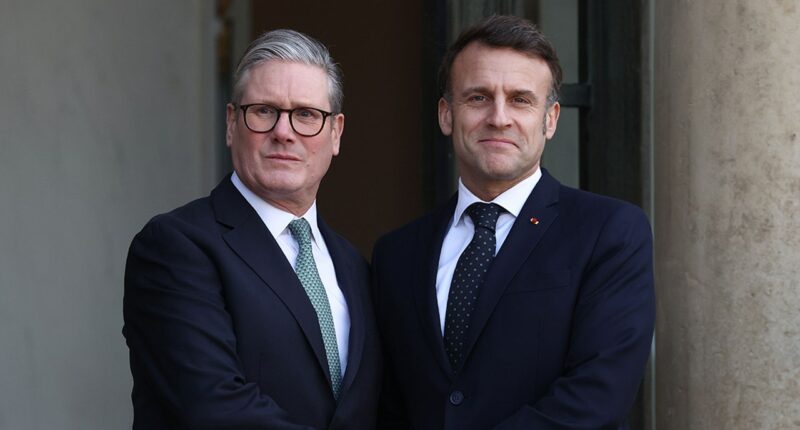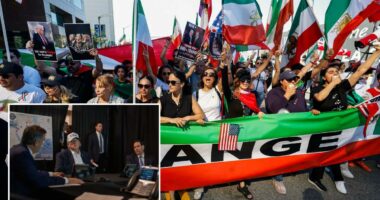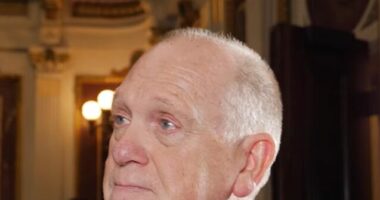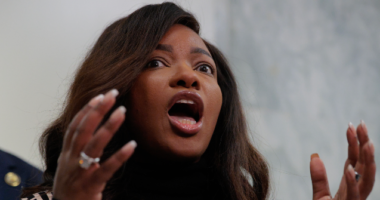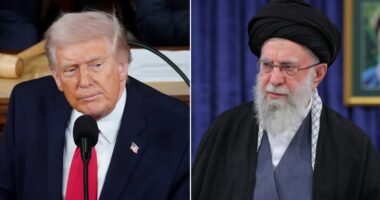Share this @internewscast.com
The families of hostages trapped in Gaza and a former captive are criticizing the decision by Britain, France, and other nations to acknowledge a Palestinian state, claiming such actions reward Hamas while many hostages are still held underground.
This criticism arose after British Prime Minister Keir Starmer announced on Tuesday that the UK might formally recognize a Palestinian state at the United Nations General Assembly in September unless Israel instigates a ceasefire, permits U.N. aid, and commits to a two-state solution.
Emily Damari, who holds dual British-Israeli citizenship and survived Hamas captivity, expressed her disappointment on X, saying, “As someone who endured 471 days of Hamas captivity, I am deeply disheartened by your decision, Keir Starmer, to recognize Palestinian statehood. Such a move does not facilitate peace—it could potentially legitimize terror. It conveys a perilous message: that violence can lead to international recognition.
On Tuesday, Starmer reiterated his stance. “I can confirm that the U.K. will recognize the State of Palestine by the United Nations General Assembly (UNGA) in September, unless the Israeli government takes concrete actions to resolve the dire situation in Gaza, consents to a ceasefire, and commits to achieving a sustainable peace through a revived two-state solution.”
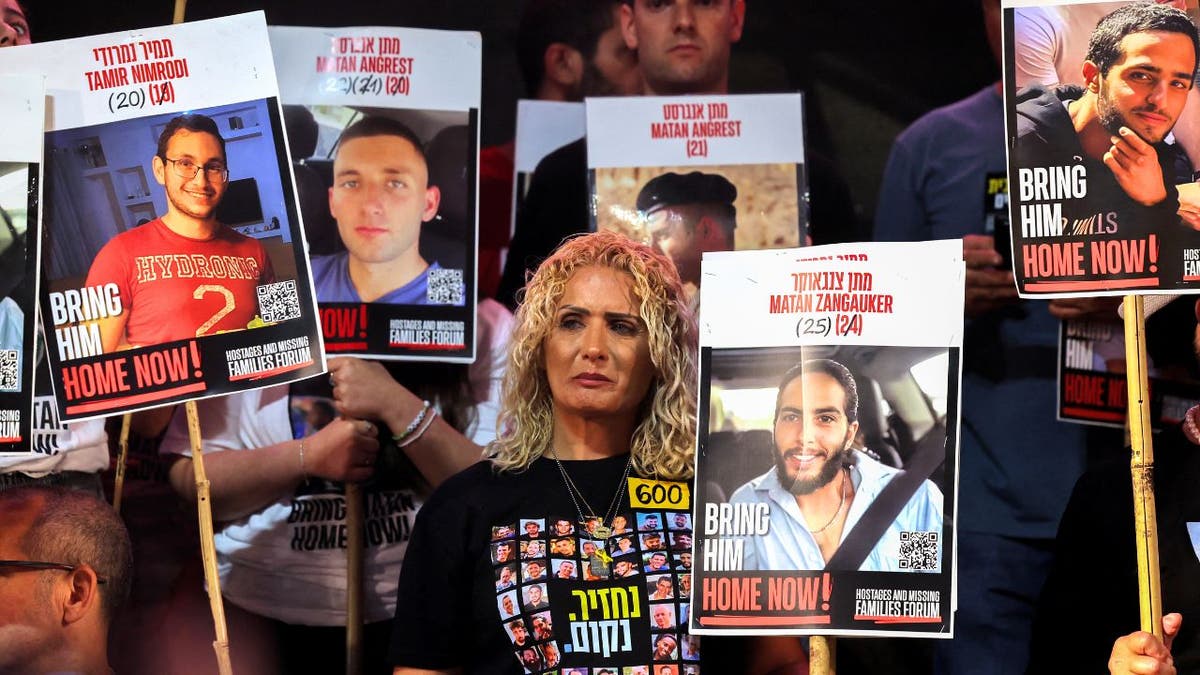
Supporters and families of Israeli hostages, held since the October 7 attack in southern Israel, display their portraits during a protest at Hostages Square in Tel Aviv on May 28, 2025, marking 600 days of their captivity, calling for their release and an end to the conflict. (AHMAD GHARABLI/AFP via Getty Images)
Last week, France announced a similar stance. Following these declarations, ten additional countries indicated similar intentions: Malta confirmed alignment, while Andorra, Australia, Canada, Finland, Iceland, Luxembourg, New Zealand, Portugal, and San Marino outlined plans to follow suit. Support has also been expressed by Spain, Ireland, Norway, and Belgium. The Netherlands, once regarded as a strong ally of Israel, has intensified its position, threatening to exclude Israel from an EU research initiative and denying entry to Israeli ministers.
Speaking aboard Air Force One after meeting Starmer in Scotland, President Donald Trump didn’t back the plan. “Essentially, they (the U.K. and France) are saying the same thing, and that’s OK. But you know it doesn’t mean I have to agree,” he told reporters.
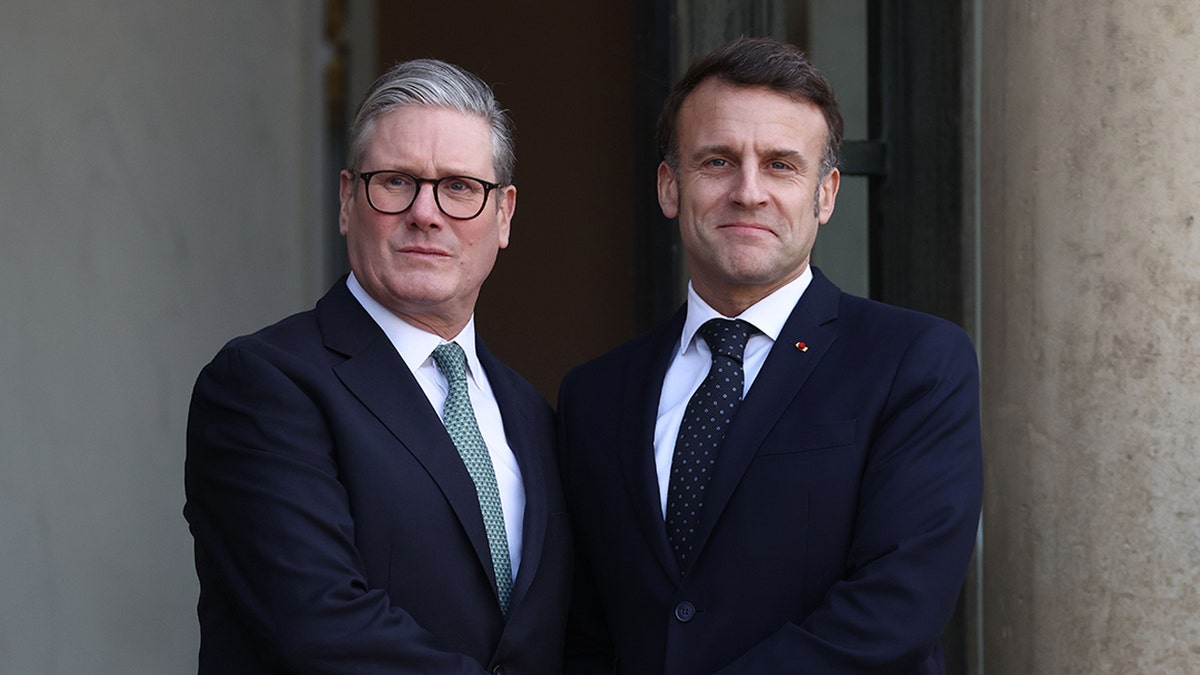
French President Emmanuel Macron welcomes British Prime Minister Keir Starmer (L) during a meeting on the situation in Ukraine and security issues in Europe at the Elysée Palace on Feb. 17, 2025 in Paris, France. (Tom Nicholson/Getty Images)
Veteran U.S. diplomat Dennis Ross also weighed in on X, warning that recognition without clear benchmarks could backfire, posting “Recognizing a Palestinian state without conditions will perpetuate the conflict not end it. What conditions? Leaders credibly committed to coexistence/non-violence, no independent militias, no alliances with rejectionists, recognition of the historic Jewish ties to the land.”
